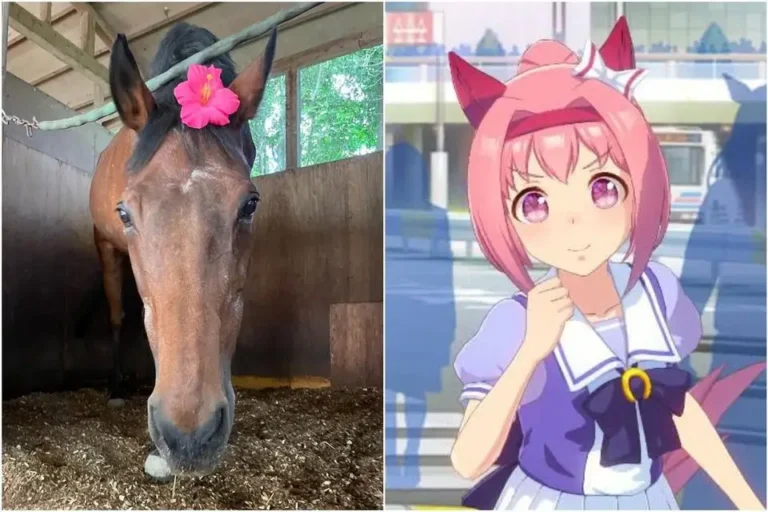
On January 15, 2025, South Korea's impeached President Yoon Suk Yeol arrives at the Corruption Investigation Office for High-ranking Officials (CIO) in Gwacheon, South Korea.
South Korea President Yoon Suk Yeol Arrested in Martial Law Scandal
In a historic political development, South Korea’s President Yoon Suk Yeol has been arrested following his failed attempt to impose martial law in December. The arrest comes after weeks of political turmoil, as Yoon’s controversial actions have been widely condemned for threatening South Korea’s constitutional order and democracy.
How South Korean President’s Martial Law Plan Unfolded
The political crisis began when Yoon Suk Yeol declared martial law to prevent lawmakers from voting on a motion to reject his presidential decree. On December 3, Yoon ordered military forces to storm the National Assembly, aiming to disrupt the parliamentary process.
Despite deploying soldiers to block proceedings, the National Assembly succeeded in overturning his martial law declaration, exposing Yoon’s vulnerability and sparking nationwide outrage. Legal experts and political leaders labeled his move a direct assault on South Korea’s democratic principles.
Impeachment Followed by Arrest: A First in South Korea
Following the failed martial law attempt, the South Korean National Assembly impeached Yoon on December 14. This led to his suspension as president, making him the first South Korea president to face such severe consequences.
On January 10, the Corruption Investigation Office (CIO) executed an arrest warrant against Yoon after weeks of resistance from his security team. His arrest has marked a turning point in South Korea’s political history, with Yoon facing charges of insurrection. If convicted, he could face life imprisonment or even the death penalty.
3,000 Officers Deployed to Arrest Yoon Suk Yeol
The operation to arrest South Korea’s impeached president was unprecedented in scale. Over 3,000 officers surrounded Yoon’s fortified residence in central Seoul on January 10. Initially, Yoon’s presidential security team resisted the authorities, creating a tense standoff.
After hours of negotiations, Yoon agreed to leave his residence and was taken into custody. In a prerecorded video statement released before his arrest, he said, “Although I reject the legality of this investigation, I have decided to cooperate to prevent unnecessary violence.”
South Korean Democracy Tested Amid Martial Law Crisis
The arrest of South Korea President Yoon Suk Yeol is seen as a critical moment for the nation’s democracy. Many political analysts believe this event highlights the resilience of South Korea’s constitutional institutions despite attempts to undermine them.
Opposition leaders, including the Democratic Party, welcomed the arrest, calling it a necessary step toward restoring democracy. “The arrest of Yoon Suk Yeol marks the beginning of healing South Korea’s constitutional order and rule of law,” said Democratic Party leader Park Chan-dae.
Insurrection Charges Loom Over South Korea President
Yoon Suk Yeol now faces insurrection charges, a grave accusation under South Korean law. If convicted, he could become the first president in South Korea’s history to face life imprisonment or the death penalty for crimes committed while in office.
Legal experts view the charges as appropriate given the scale of the alleged offense. Yoon’s attempt to use military power to suppress the legislative process has been described as an egregious violation of democratic norms.
Public Reaction to Arrest of Yoon Suk Yeol
The arrest has divided public opinion in South Korea. While many citizens have praised the move as a necessary step to uphold the rule of law, Yoon’s supporters have protested, accusing the government of political persecution.
Public sentiment surveys indicate that a majority of South Koreans support the arrest. Many believe it demonstrates the nation’s commitment to holding even its highest officials accountable.
Constitutional Court to Decide Yoon’s Political Fate
South Korea’s Constitutional Court is now deliberating on whether to uphold Yoon Suk Yeol’s impeachment. The decision is expected to have a profound impact on the nation’s political landscape.
If the court confirms the impeachment, Yoon will be permanently removed from office, solidifying the National Assembly’s decision. However, if the court rejects the motion, Yoon could be reinstated as president, though the criminal charges against him would remain a significant obstacle.
Global Observers Monitor South Korean Crisis
The political turmoil in South Korea has drawn international attention. Democratic nations and human rights organizations have emphasized the importance of due process in Yoon’s trial.
The United Nations has called for fairness and transparency, while global media outlets have noted the arrest as a test of South Korea’s dedication to democracy.
The Road Ahead for South Korea
Acting President Choi Sang-mok has pledged to restore order and maintain South Korea’s democratic values during this tumultuous period. “This is a pivotal moment for our nation’s democracy and the rule of law,” Choi said in a recent statement.
As South Korea moves forward, the outcome of Yoon Suk Yeol’s trial and the Constitutional Court’s ruling will shape the country’s political future for years to come.
A Defining Chapter in South Korean Politics
The arrest of South Korea President Yoon Suk Yeol represents a defining moment in the nation’s history. It underscores the importance of accountability and the resilience of South Korea’s democratic institutions in the face of unprecedented challenges.
While the crisis has tested the limits of the country’s constitutional framework, it has also reaffirmed the value of justice and the rule of law. As South Korea navigates this historic chapter, its commitment to democratic principles remains stronger than ever.
Source Trendsnip
Stay connected with NewsIQ for the latest updates, trends, and news from the US and around the World.



